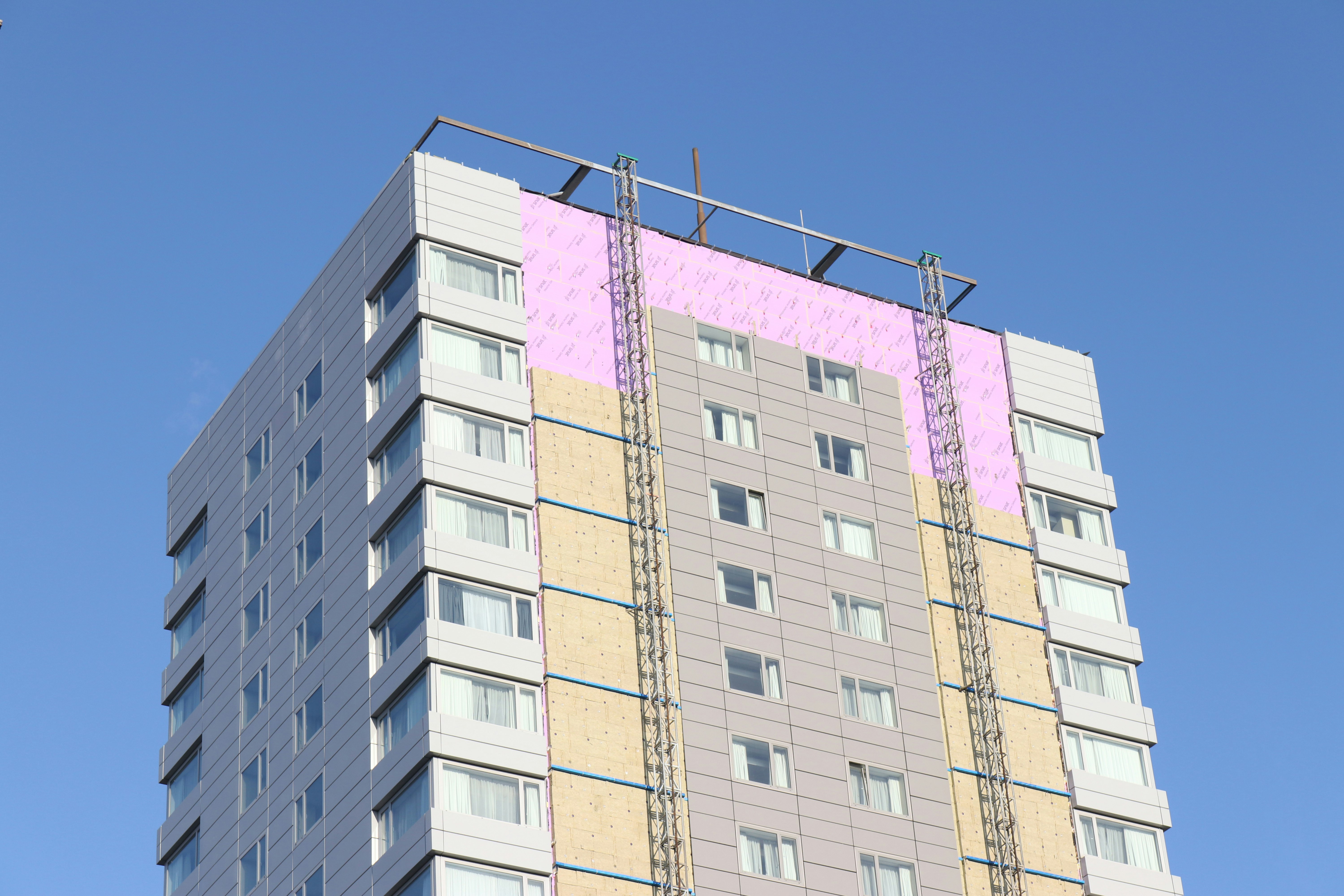According to information from U.S. Sen Susan Collins (R-ME), the Home Energy Savings Act was crafted to address energy costs and carbon emissions through a strengthened tax credit for "energy efficient home upgrades." Further, the New Home Energy Efficiency Act is slated to incentivize energy efficiency during new home construction. The bills are supported by sponsors Maggie Hassan (D-NH) and U.S. Reps. Jimmy Gomez (D-CA) and Mike Kelly (R-PA).
“Energy efficient upgrades not only have an important role in reducing carbon emissions, but can also save families hundreds of dollars each year by substantially lowering their heating and electricity costs,” Collins said. “By updating and extending these two effective tax credits, our bipartisan bills will encourage contractors to incorporate energy efficient designs and materials in new buildings, as well as make it easier for homeowners to invest products such as energy efficient windows, air conditioners, water heaters, and biomass stoves.”
According to information from the U.S. Green Building Council (USGBC), the efficiency tax expired at the end of 2017 and the new legislation would extend the credits through 2026. "Before the expiration, there was a 10% tax credit available for certain upgrades and a lifetime cap of $500," according to information from the council. "The legislation would increase the tax credit to 15% and raise the lifetime cap to $1,200 to encourage multiple efficiency-oriented projects and support homeowner investment in other home improvements, such as more efficient hot water heaters, air conditioners and heat pumps.
From Twitter
Nikki McAllen @NikkiMcAllen
#worldchanginginnovators
U.S. Green Building Council Center for Green Schools - database of reports and webinars on transportation, green cleaning, recycling, water management, behavior based energy conservation, and other checklists to get you started on becoming a green school.
The New Home Energy Efficiency Act seeks to extend an also expired tax credit for new home construction through 2022. It would also up the cap from $2,000 to $2,500. The USGBC reports 31% of households reported difficulty paying for energy in 2015. It noted the bills have the support of more than 30 organizations and nonprofits, including DuPont and the Natural Resources Defense Council. Collins office also lists the Alliance to Save Energy, American Council for an Energy-Efficient Economy, the National Multifamily Housing Council and the National Association of Home Builders as supporters.
“With energy costs steadily rising and wage growth lagging far behind the expectations of working families across the country, the bipartisan Home Energy Savings Act can be a breath of fresh air for those who feel suffocated by the pressures of financial hardship,” said Gomez. “Through reinstating and strengthening a tax credit for energy efficient home upgrades, this legislation has the capacity to simultaneously lower energy costs and reduce the very carbon emissions that contribute to the mounting climate crisis."












